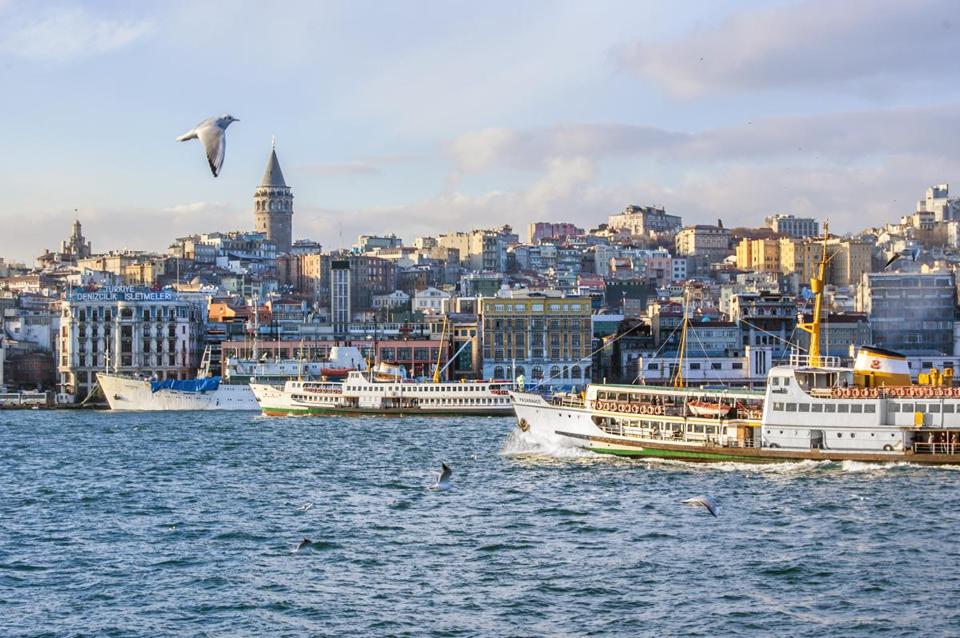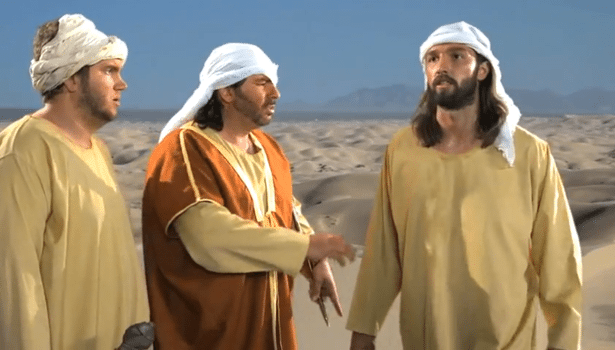Tom Heneghan, Religion Editor Reuters
9:45 a.m. CDT, September 12, 2012
ISTANBUL (Reuters)- When Middle Eastern Christians and Muslims meet to discuss religion and the region’s future, it can sometimes seem like they are talking about two different places and using divergent meanings for the same words.
The Christians, worried by the rise of Islamists since last year’s Arab Spring democratic uprisings, usually speak of reforms they want to see so they and other religious minorities can live as full and equal citizens with the majority Muslims.
Ads by Google
Faced with the protesters’ grassroots demands for more individual rights, the Muslims often cite the tolerance and co-existence that marked the region’s multicultural past as useful guideposts for interfaith relations going forward.
Some meetings, such as one held in Istanbul last weekend, end with declarations supporting national unity and respect for religious diversity. But the words can have such different shades of meaning that it’s not clear how much progress is made.
“I can’t accept tolerance because that implies domination,” Bishop Munib Younan, the Jerusalem-based leader of Lutherans in Jordan and the Holy Land, told the assembled clerics of both faiths. “I don’t accept being called a minority.”
“Are we ready to separate church and state?” he asked the conference, organized by study centers of Marmara University in Istanbul and Turkey’s Religious Affairs Directorate. “If we don’t separate them, then we can forget equal citizenship.”
El Siddiq Omer Yaqub, a lecturer at Tripoli University in Libya, responded with the traditional Muslim view: “You can’t separate religion and state in Islam. The Koran addresses itself to both the state and the people.”
VATICAN CONCERN
The issue of equal rights will play a central role during Pope Benedict’s three-day visit to Lebanon, which starts on Friday, to highlight Vatican concern for Christian communities depleted over recent decades by emigration and war.
Christianity, born like Islam in the Middle East, now accounts for about five percent of the population there. Its faithful are numerous in Lebanon (40 percent) and Egypt (10 percent), but form only tiny minorities elsewhere.
The Ottoman Empire, which dominated the region for centuries until its collapse after the First World War, officially divided its people into majority Muslims and religious minorities to be legally protected according to the injunctions of the Koran.
This “millet” system let Christians, Jews and other faith minorities manage their own communities. Their laws applied within their ranks, but a legal dispute between a minority resident and a Muslim had to be adjudicated under Islamic law.
The states that emerged from Ottoman and colonial rule have mostly replaced these laws with modern civil codes, but remnants survive in many places such as the designation of Islam as the official religion or sharia as the main source of the law.
Even more importantly, the division of society into Muslim and non-Muslim remains deeply rooted in the region’s traditions.
Christians say this leads to job discrimination against them, creates hurdles in dealing with officials and allows a climate to develop where harassment and attacks are condoned.
“There has to be a cultural revolution to see society as a whole,” said Mona Makram Ebeid, a political scientist at American University of Cairo. “It doesn’t matter what’s written in the law if it is not enforced.”
Reverend Miguel Angel Ayuso Guixot of the Vatican department for interreligious dialogue noted that elections last year had brought Islamist parties to power in Egypt, Tunisia and Morocco.
“There now needs to be a follow-up to further develop and nurture a ‘culture of democracy’ that includes developing a clear rule of law, where all are equal before the law,” he said.
MUSLIMS UNDER PRESSURE TOO
Some Muslim leaders at the conference acknowledged that invoking past harmony did little to solve present problems.
“We can’t only refer back to Andalusia,” said Turkey’s top Muslim cleric Mehmet Gormez, alluding to the Islamic state in Spain from 711 to 1492 known for the good relations between its Muslims, Christians and Jews.
“We face the dilemma that societies no longer work on the multicultural model,” he said. “Even the concepts of majority and minority in our case seem to be wrong… We need a new language to define a new process, and must do this together.”
Muslims also face threats from Salafi radicals using the new freedom to attack those they thought were not Islamic enough.
“They want to ostracize others,” said Abdelfettah Mouru, a leading official of Tunisia’s ruling Islamist party Ennahda. “It’s not only about Muslims and Christians. It’s between those who respect humanity and those who don’t.”
Calls to split religion and politics, a legacy of Christian teaching and Europe’s bloody religious wars, sound different to Muslims whose history and tradition kept them together.
“In the West, religious liberty emerged when Christianity was weakened,” explained Talip Kucukcan, head of Marmara University’s Institute of Middle Eastern Studies. “This does not give Muslims much confidence.”
Ibrahim Kalin, senior adviser to Turkish Prime Minister Tayyip Erdogan, said Islam showed “a remarkable tapestry of differences of opinion” but a “neo-sectarianism” reinforcing narrow religious identities was now on the rise.
“This has something to do with the process of modernization in Muslim countries that has gone rather astray in many regards in terms of the pressure the nation-state has put on religious identity,” he said.
(Editing by Mark Heinrich)
via Analysis: Muslim-Christian relations clouded in new Middle East – chicagotribune.com.




